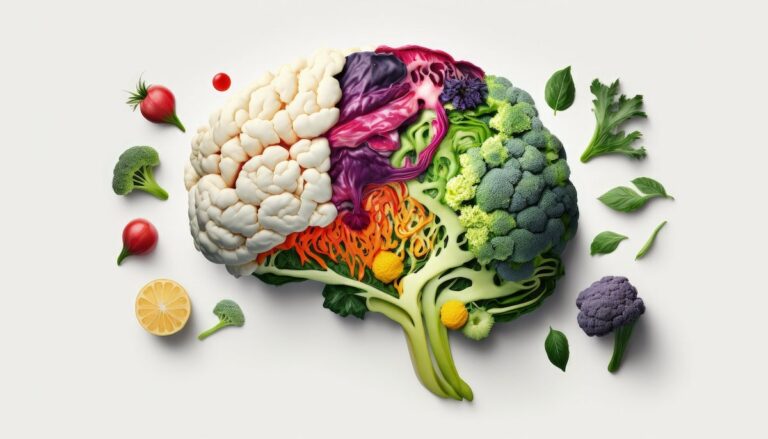Have you heard of Tongkat Ali? It is a supplement that comes from a plant called Eurycoma longifolia, which grows in Southeast Asia. Lately, there has been a lot of talk about Tongkat Ali on the internet because of its supposed health and hormonal benefits and that it can increase natural testosterone. But there are also many who are skeptical of this compound and concerned about possible long-term health consequences, as well as the lack of scientific evidence supporting its safety and effectiveness. We’ll take a closer look at Tongkat Ali and see what all the fuss is really about in this article.
What is Tongkat Ali?
Tongkat Ali is a natural compound that is extracted from the roots of Eurycoma longifolia, a plant that grows in Southeast Asia. It has been used in traditional medicine for centuries to treat various health problems, including loss of libido and reduced stamina. Today, Tongkat Ali has become popular as a dietary supplement to naturally boost testosterone levels, increase sexual desire, improve physical performance and reduce stress. Tongkat Ali has been examined in several studies to investigate its claimed health benefits, and there has been some debate about whether or not it actually has positive effects on the body.

Does it work?
Here are some possible benefits of using Tongkat Ali as a dietary supplement that are echoes of what many believe:
- Increased testosterone levels: Tongkat Ali can help increase the body’s production of testosterone, which can increase sex drive, improve physical performance and help with muscle building.
- Reduced stress: Evidence suggests that Tongkat Ali can help reduce stress and improve mood.
- Improved sex drive: Tongkat Ali can help improve erectile function and increase libido.
- Better physical performance: Due to increased testosterone levels and energy, Tongkat Ali can help with increased stamina and better physical performance.
- Improving memory and cognitive function: Tongkat Ali has been researched to help improve memory and cognitive function.
- Reduced body fat: Tongkat Ali can also help reduce body fat and increase muscle mass. See our article on 15 tips for losing weight for more on weight loss.
It is important to note that research on Tongkat Ali is still limited and that not all of these claims are scientifically proven. As always, a healthy and performance-enhancing lifestyle is more important. See our articles on low-carb guide and intermittent fasting.
What does Studies say?

A few studies in both humans and mice have shown moderate improvements in the regulation of mood, erectile function, libido and most surprisingly of all, testosterone. For example, a 2013 study of 63 people (32 men and 31 women) found a 37% increase in testosterone levels after just four weeks of use. A similar study from Andrologia, found that among a group of thirty-two men in their mid-twenties, both testosterone and free testosterone levels increased dramatically by 15% and 34%, respectively. Studies also show many other positive effects of using Tongkat Ali, including reducing stress, improving mood, increasing energy levels and improving libido.
Is there a reason to be critical?
Although there is some research supporting the effectiveness of Tongkat, there are still a good number of people who are skeptical about its supposed benefits. It is important that you always make up your own mind and possibly talk to a doctor before starting new supplements. Firstly, only a few Tongkat Ali studies use human respondents, while the rest are mainly based on animals.
Those who are critical of Tongkat Ali often refer to the limited number of human studies as a reason to be concerned about long-term side effects of taking supplements with Tongkat Ali. In addition, side effects associated with Tongkat Ali can include insomnia, restlessness and, ironically, increased levels of anxiety despite its purported stress-reducing properties.
Increases in testosterone can also exacerbate existing conditions such as heart disease, hormone sensitive cancers and sleep disorders, so people suffering from these conditions should be cautious with supplements containing Tongkat Ali.
Frequently Asked Questions
Summary
Tongkat Ali is a natural compound extracted from the roots of the plant Eurycoma longifolia, which grows in Southeast Asia. It has become popular as a dietary supplement to naturally boost testosterone levels, increase sexual desire, improve physical performance and reduce stress. While there are several studies that have shown positive results in these areas, there are also concerns related to side effects and a lack of scientific evidence for safety and effectiveness, especially when it comes to long-term use.






